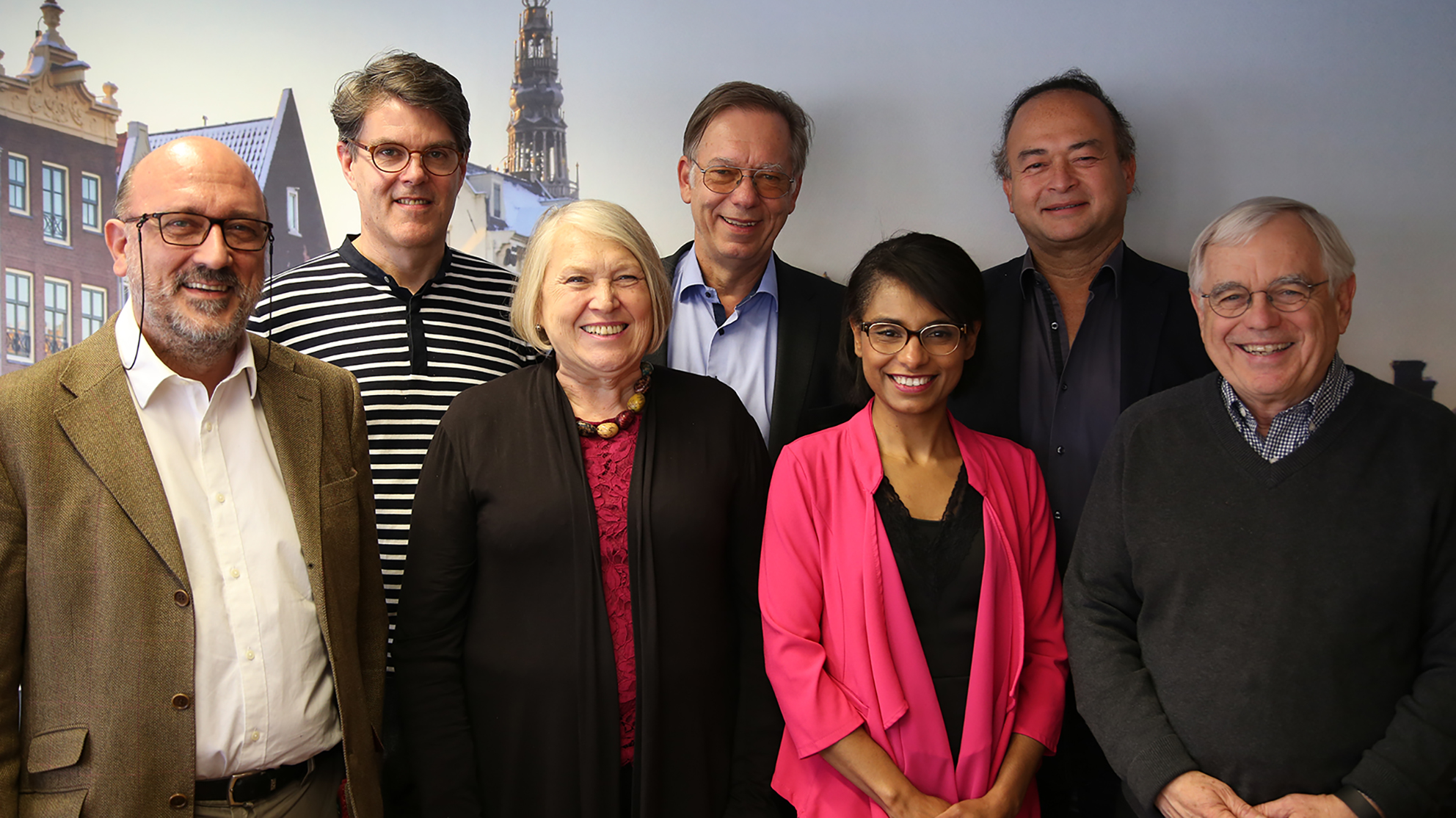By Finn Raben
14 June was a rainy day in Amsterdam, but it was also the midsummer meeting of the Professional Standards Committee. After a wonderful evening the night before, catching up with all of my fellow committee members from Hawaii, USA, France, Germany, Spain and the UK, we got to work!!
This Committee meeting was a very interesting one, as it covered a lot of challenging – as well as inspiring! – topics, all of which are designed to make what we do, and the ethical rules that we follow, much clearer for everyone. This is now more important than ever, given the new GDPR requirements, and the risks of things like the Cambridge Analytica scandal.
We covered four broad topics :
- The first point we covered was the GDPR and the opportunity for a GDPR-approved code, for any company using European data. Under the GDPR, the EU is inviting industry sectors to become “co-regulators” with them. In essence, this means that self-regulation will no longer be as popular, and that we will have the opportunity to certify to a new, GDPR-approved version of our Code. This is a really exciting development, as it would allow companies using European data to have certain favourable conditions under the GDPR regime. We are now in the middle of drafting this code – in partnership with EFAMRO – which will ultimately need to be approved by the European Data Protection Board; needless to say, this is a unique, and fantastic opportunity! You will hear more of this in the coming months.
- We then spent a considerable amount of time talking about Opinion Polling.
In the next month or so, we will be releasing a report covering the Freedom to Publish Opinion Polls, in partnership with WAPOR. This is a very important report, as it details how different countries and governments react to Polls, and how those reactions impact upon the validity of the results and forecasts. The report will also reference the fantastic database of 32,000 polls that Kantar Lightspeed produced last year, and which ESOMAR curates.
As soon as the report is published, it will be featured on a number of events being arranged across the world, including the ESOMAR and WAPOR conferences. - We then moved onto our guidelines. We have just recently updated the guideline on interviewing children, so we discussed and approved the changes made, and that will now become available in September.
Then we had a very interesting discussion on what our guidelines should look like in the future; the current thinking is that….i) as things like mobile, online, CAWI and even face-to-face interviews now all use the internet, and ii) more and more secondary data is becoming available, we should just split our guidelines into two documents…one covering primary data, and one covering secondary data. This is a very different approach than we have used in the past, and it raised some very interesting challenges….What do you think? Please send us your thoughts on professional.standards@esomar.org. - The final point we covered was Disciplinary.
I am pleased to report that almost 60 associations around the world either adopt or endorse our Code. This makes it considerably easier to support our local Association partners with issues relating to non-professional conduct, and the subsequent Disciplinary implications. The soon-to-be introduced SERENE platform will help us even more. Most importantly however, our Code separates us from data cowboys, and so it is very important that we continue to “defend” our members and communicate why the Code is so important.
So, I hope you feel that the PSC is reviewing and progressing the topics that are important to you, and that make ESOMAR the unique association that it is. Please send us your thoughts on professional.standards@esomar.org
Finn Raben is ESOMAR Director General.



